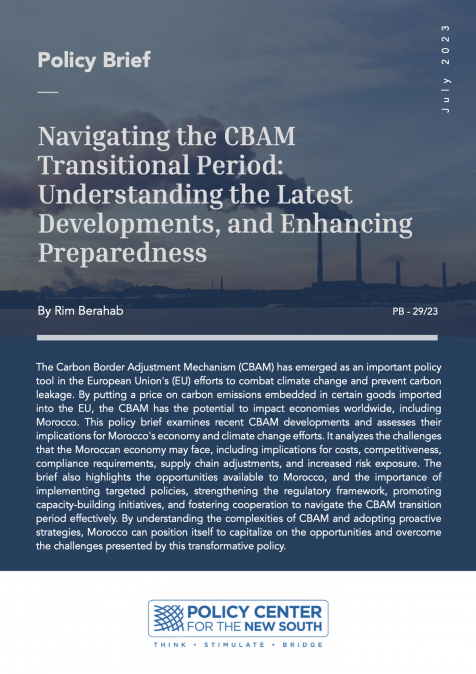Podcasts
Building Resilience in North Africa through the Energy Transition and Electricity Security
Related topics:
The global energy crisis caused by COVID-19 and the Ukraine conflict has exposed the economic and geopolitical vulnerabilities of North Africa, which relies heavily on fossil fuels. However, the crisis also presents an opportunity for the region to transition to clean energy in a way that promotes development and equity. In the framework of the RES4Africa policy paper, prepared in collaboration with the Policy Center for the New South, this second podcast aims to have an open discussion on the themes addressed that revolve around the aftermath of the energy crisis and unpacks a vision for a just energy transition in North Africa and its role in achieving long-term energy security and sustainability in the region. Camellia Mahjoubi and Paolo Cutrone, experts from the RES4Africa Foundation, tell us more about their contributions to the study.









